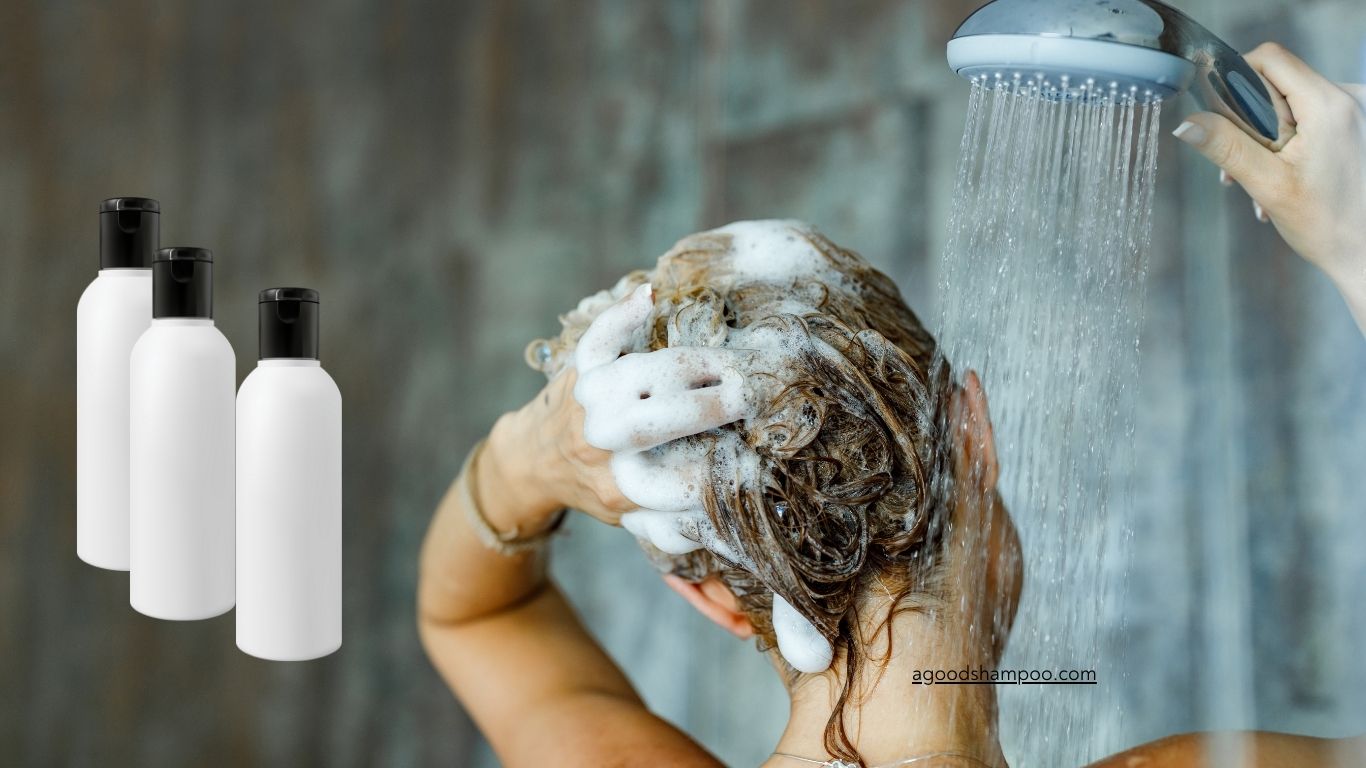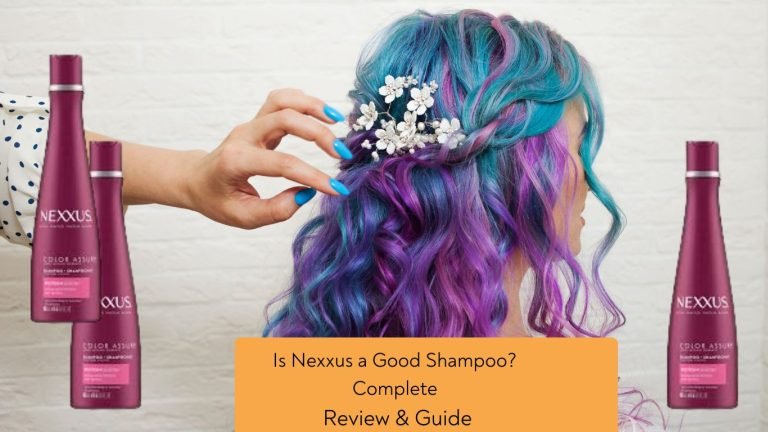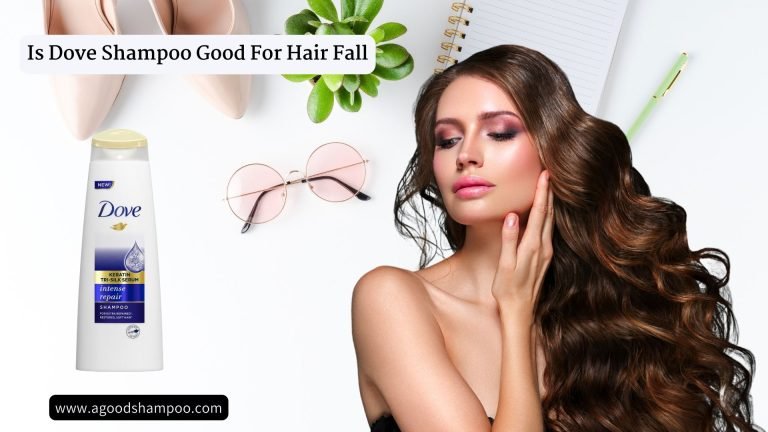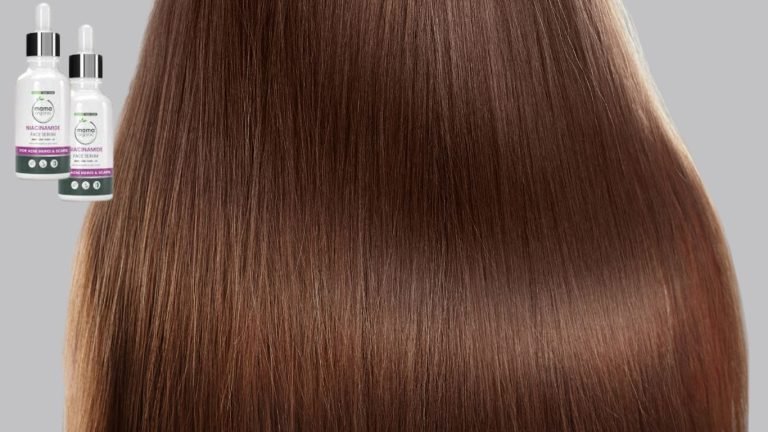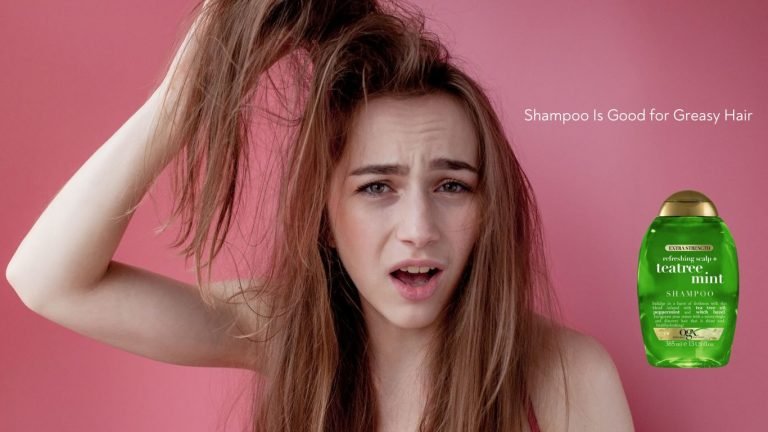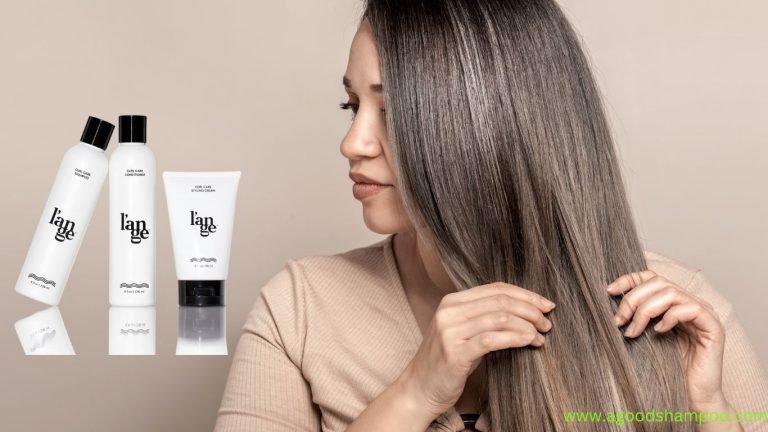What Shampoo is Good for Lupus? Best Products & Care Tips
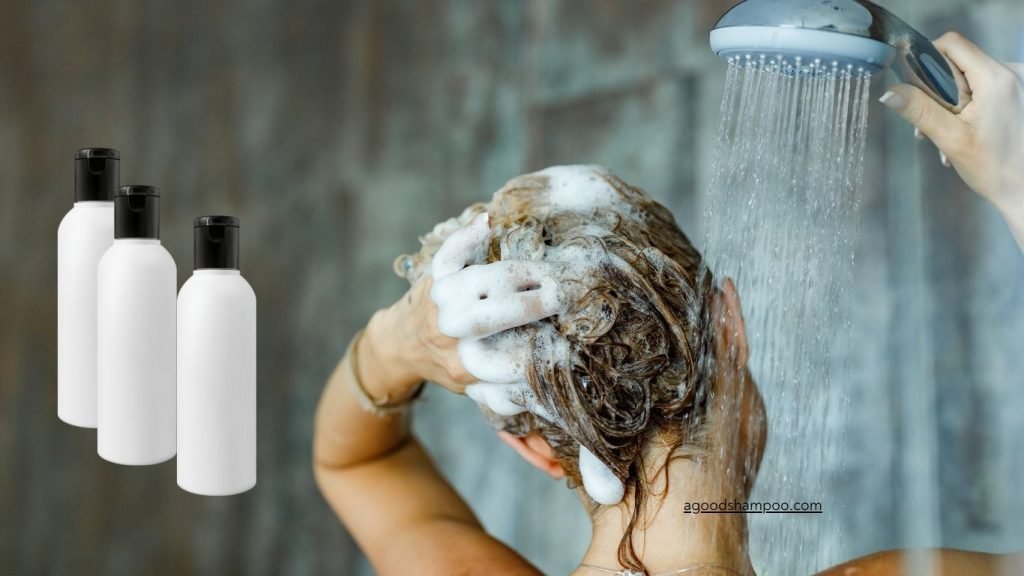 When living with lupus, hair care can feel like a battle. This autoimmune condition often brings hair loss, scalp sensitivity, and dry, brittle strands. So, finding the right shampoo can be a crucial step in maintaining healthy hair. If you’re struggling to find a good shampoo for lupus, you’re not alone. In this article, we’ll explore how lupus impacts your hair, what shampoo ingredients are best for lupus patients, and how to manage lupus-related hair loss effectively.
When living with lupus, hair care can feel like a battle. This autoimmune condition often brings hair loss, scalp sensitivity, and dry, brittle strands. So, finding the right shampoo can be a crucial step in maintaining healthy hair. If you’re struggling to find a good shampoo for lupus, you’re not alone. In this article, we’ll explore how lupus impacts your hair, what shampoo ingredients are best for lupus patients, and how to manage lupus-related hair loss effectively.
How Does Lupus Affect Hair?
Lupus is a chronic autoimmune disease that can cause inflammation and damage to various parts of the body, including the skin and hair. One of the most common symptoms of lupus is hair loss, which can be distressing and frustrating for patients.
Hair loss in lupus can occur for a few reasons:
- Inflammation of the scalp: Lupus can cause sores or lesions on the scalp, leading to hair loss in patches.
- Medications: Certain treatments for lupus, including hydroxychloroquine, can cause hair thinning.
- Stress and illness: Flare-ups of lupus can contribute to temporary hair shedding.
Lupus-related hair loss may range from mild thinning to more severe hair loss. It’s not just about the loss itself—hair can become dry, brittle, and more prone to breakage. This is why it’s essential to choose the right shampoo to nurture and protect your hair.
What Ingredients Are Good for Lupus Hair?
Not all shampoos are created equal when it comes to managing lupus-related hair issues. While many people may grab the nearest bottle of shampoo off the shelf, lupus patients need to be mindful of their choices. Certain ingredients can be beneficial, while others may exacerbate the condition. Here are some of the top ingredients to look for in a lupus-friendly shampoo:
1. Gentle Cleansers
Sulfate-free shampoos are a great option for those with lupus. Sulfates can strip the scalp and hair of natural oils, leaving the hair feeling dry and fragile. Look for shampoos that use mild cleansing agents like cocamidopropyl betaine or decyl glucoside. These are much gentler on the scalp and will help retain moisture.
2. Aloe Vera
Aloe vera is known for its soothing properties, which can be beneficial for those with lupus-induced scalp irritation. It helps reduce inflammation, moisturizes the scalp, and can promote a healthier environment for hair growth.
3. Biotin
Biotin, a B-vitamin, is widely known for its benefits in supporting healthy hair and nails. Including a biotin-infused shampoo in your routine can help strengthen fragile hair that is prone to breakage due to lupus.
4. Tea Tree Oil
Tea tree oil has antimicrobial and anti-inflammatory properties, making it ideal for those experiencing scalp sores or inflammation due to lupus. It can help keep the scalp clean and promote healing without causing irritation.
5. Argan Oil
Argan oil is rich in antioxidants and essential fatty acids, which can help moisturize and restore dry, brittle hair. This can be a lifesaver for lupus patients who struggle with hair that easily breaks or lacks luster.
6. Collagen
Collagen is essential for maintaining hair elasticity and strength. Shampoos containing collagen peptides can give your hair the boost it needs to remain resilient even when lupus causes dryness or damage.
What Shampoos Are Best for Lupus Patients?
Now that you know what ingredients to look for, let’s talk about some of the best shampoos for lupus patients. We recommend choosing a product that is gentle on your hair and scalp while providing the hydration and nourishment your hair needs.
1. Free & Clear Shampoo
This shampoo is hypoallergenic and free from sulfates, fragrances, and harsh chemicals that can irritate sensitive skin. Free & Clear Shampoo is an excellent choice for those with lupus because it cleanses gently without stripping away essential moisture from the scalp and hair.
2. Shea Moisture Raw Shea Butter Shampoo
This shampoo is packed with moisturizing ingredients like shea butter and argan oil. It’s sulfate-free and perfect for those dealing with dry, brittle hair caused by lupus. The rich formula helps nourish and hydrate the scalp, promoting a healthier environment for hair growth.
3. Nioxin System Kits
Nioxin products are known for their ability to support hair growth and improve the overall health of the scalp. For lupus patients, the Nioxin System Kit 2 is a great option, as it targets thinning hair and helps improve hair strength and fullness.
4. Aveda Invati Advanced Exfoliating Shampoo
This shampoo helps to cleanse and exfoliate the scalp, promoting a healthy environment for hair to grow. It contains natural ingredients like turmeric and ginseng to strengthen and revitalize thinning hair.
How to Care for Lupus-Affected Hair
Beyond choosing the right shampoo, it’s important to follow a hair care routine that supports the health of both your scalp and hair. Here are some tips for caring for lupus-affected hair:
1. Avoid Heat Styling
Heat styling tools like blow dryers, flat irons, and curling wands can cause additional damage to fragile hair. Lupus patients should minimize their use of these tools or use them sparingly with a good heat protectant.
2. Be Gentle with Your Hair
Avoid tight hairstyles like ponytails, braids, or buns that can tug at the scalp and cause further hair loss. Opt for loose, comfortable styles that put minimal stress on your hair and scalp.
3. Limit Chemical Treatments
Chemical treatments such as perms, relaxers, and hair coloring can weaken the hair shaft and exacerbate hair loss. If possible, limit the use of these treatments, or talk to your stylist about gentler options for lupus-prone hair.
4. Deep Conditioning Treatments
Lupus patients can benefit from deep conditioning treatments to keep hair soft, hydrated, and manageable. Look for treatments that are rich in oils and proteins to help strengthen and moisturize the hair.
5. Manage Stress
Since lupus flare-ups can be triggered by stress, it’s important to find ways to manage stress in your life. Meditation, exercise, and relaxation techniques can all help reduce stress levels and potentially minimize hair loss associated with lupus flare-ups.
Is Hair Coloring Safe for Lupus Patients?
For many people, coloring their hair is a way to express their style and boost their confidence. However, lupus patients need to be cautious about hair dye. Hair coloring can potentially cause irritation to a sensitive scalp, particularly if you have open sores or inflammation from lupus. If you still want to color your hair, consider these options:
1. Use Natural Dyes
Natural hair dyes, like henna or indigo, are gentler alternatives to chemical-based dyes. They are less likely to irritate and can still give your hair a vibrant color.
2. Test for Allergies
Before using any hair dye, test a small patch on your skin to check for allergic reactions. If you experience any redness, itching, or burning, it’s best to avoid that product.
3. Space Out Dye Jobs
If you do decide to color your hair, make sure to give your hair and scalp time to recover between treatments. Frequent coloring can increase the risk of irritation and damage.
How to Stop Hair Loss from Lupus
While there is no guaranteed way to prevent hair loss in lupus patients, there are steps you can take to minimize it and support hair regrowth:
1. Treat the Underlying Condition
The first step in reducing hair loss is managing lupus itself. Work closely with your healthcare provider to find the right medications and treatments that help control the disease.
2. Use Hair Growth Products
Consider incorporating hair growth products like minoxidil (Rogaine) into your routine. Minoxidil has been shown to help stimulate hair follicles and promote regrowth in some people.
3. Get Regular Scalp Massages
Scalp massages can help stimulate blood flow to the hair follicles, promoting healthier hair growth. You can use essential oils like rosemary oil or lavender oil during your scalp massage for added benefits.
| Product Name | Key Ingredients | Sulfate-Free | Benefits | Best For |
|---|---|---|---|---|
| Free & Clear Shampoo | None (Hypoallergenic) | Yes | Gentle cleansing, no harsh chemicals | Sensitive scalp, irritation, dry hair |
| Shea Moisture Raw Shea Butter Shampoo | Shea Butter, Argan Oil | Yes | Deep hydration, nourishment | Dry, brittle hair caused by lupus |
| Nioxin System Kit 2 | Niacinamide, Biotin | Yes | Strengthens thinning hair, scalp health | Thinning hair, promoting hair regrowth |
| Aveda Invati Advanced Exfoliating Shampoo | Turmeric, Ginseng | Yes | Exfoliates scalp, strengthens hair | Hair thinning, improving scalp environment |
| Biotin & Collagen Shampoo | Biotin, Collagen | Yes | Strengthens and adds volume to hair | Weak, thin hair needing strength and fullness |
| Tea Tree Special Shampoo | Tea Tree Oil, Peppermint | Yes | Soothes scalp irritation, antimicrobial | Scalp irritation, sensitive scalp due to lupus |
Caring for your hair while managing lupus can be challenging, but with the right approach, it’s possible to keep your hair healthy and strong. Choosing the right shampoo, like the ones we’ve recommended, can make a big difference in reducing hair loss and protecting your scalp. Be gentle with your hair, avoid harsh treatments, and consult your doctor about possible treatments for lupus-related hair loss.

Carolina Herrera: Cosmetics specialist & Hair Analyst. Specializing in hair treatments, Carolina provides thorough reviews and advice on choosing the best products for damaged or treated hair.

